“I HAVE ALWAYS KNOWN UZBEKISTAN AS A BEAUTIFUL COUNTRY” | AN INTERVIEW WITH TEACHER FROM MALAYSIA
March 1, 2024In the realm of academia, the exchange of knowledge and experiences across borders holds tremendous value in enriching educational practices and fostering cultural understanding.
Today, we delve into a captivating interview with Nur Atikah Athirah binti Mhd Zaus, an international educator with a penchant for exploring diverse educational landscapes and embracing cross-cultural interactions.
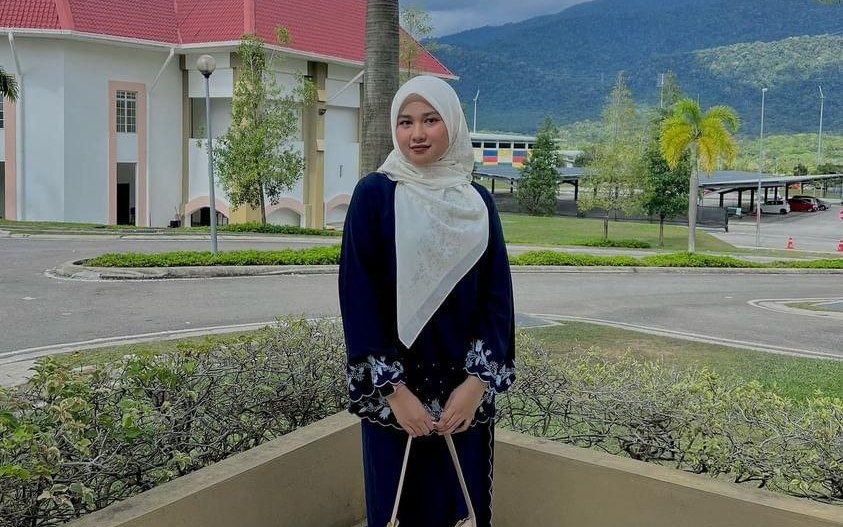
Can you introduce yourself?
– My name is Nur Atikah Athirah binti Mhd Zaus. I am a Teaching English as A Second Language (TESL) graduate from Sultan Idris Education University, known as UPSI in Malaysia. I received both my Diploma and Bachelor’s Degree from UPSI. Now, I am working as an English teacher in a private school.

Why did you choose Uzbekistan for an internship?
– I choose Uzbekistan, specifically at Uzbekistan State World Languages University as it has a close relationship and collaboration with my university. My lecturer is the one who offered for the opportunity and I need to go through an interview as well. Besides, I have always known Uzbekistan as a beautiful country with amazing food and culture. It has always been my dream to go there. Hence, one of the reasons I applied for it.
Do you like Uzbek culture?
– Yes, absolutely! Based on my experience, Uzbekistan’s rich history, hospitality, diverse cuisine, and vibrant arts make its culture fascinating to many, especially me. Uzbek culture is known for its warmth and hospitality towards guests. The tradition of welcoming guests with open arms, sharing meals, and engaging in meaningful conversation reflects the generosity and kindness of the Uzbek people. I still remember how nice and kind the teachers and students in UzSWLU treated me the whole time I was there.
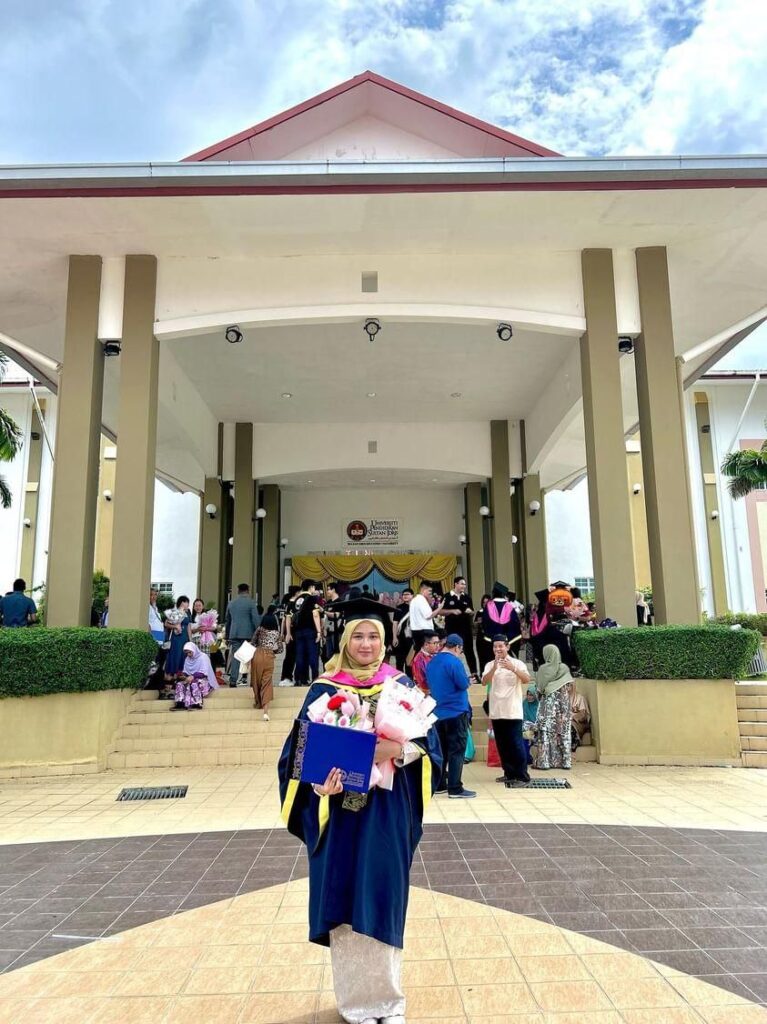
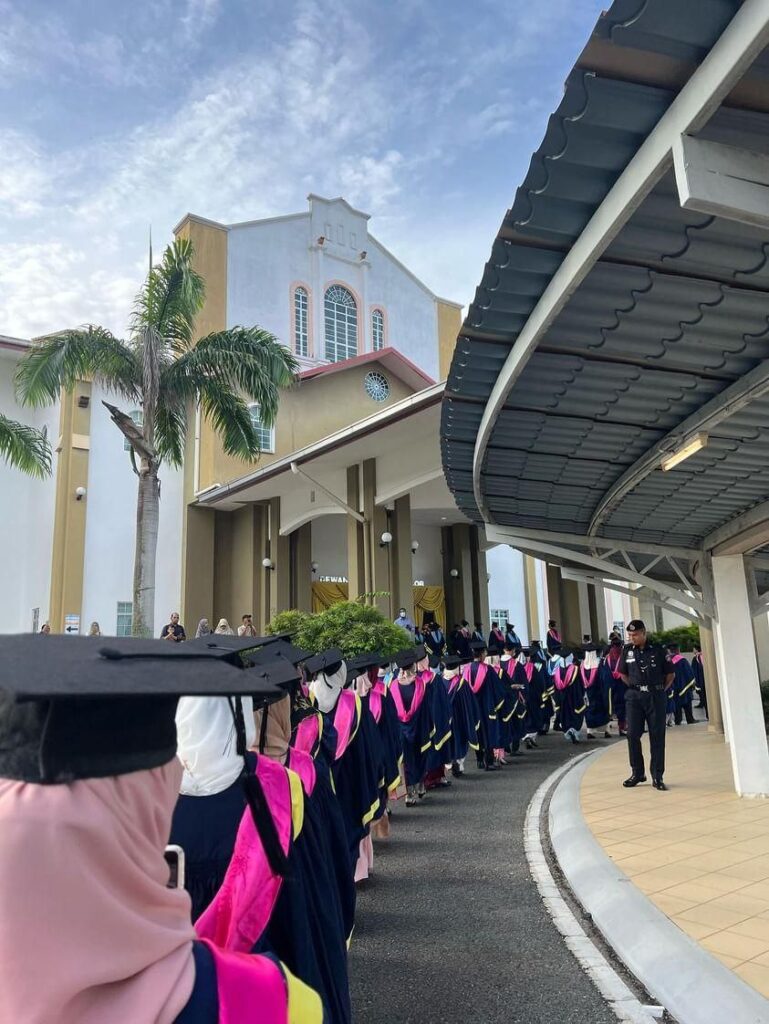
What reforms in the educational system of Uzbekistan do you highly appreciate? And what recommendations do you give as an expert for the further development of higher education?
– Some reforms in the educational system of Uzbekistan that are commendable include:
Modernization of Curriculum: Updating the curriculum to align with global standards and contemporary needs prepares students better for the challenges of the modern world.
Expansion of Access to Education: Initiatives aimed at expanding access to education, especially in rural and underserved areas, help ensure that all citizens have the opportunity to pursue education and contribute to the country’s development.
As an expert, some recommendations for the further development of higher education in Uzbekistan could include:
Enhanced Collaboration with Industries: Strengthening partnerships between higher education institutions and industries can facilitate the development of relevant curricula, provide practical learning opportunities for students, and promote entrepreneurship and job creation.
Promotion of Lifelong Learning: Encouraging a culture of lifelong learning through continuing education programs, professional development opportunities, and skills upgrading initiatives helps individuals adapt to evolving labor market demands and fosters a culture of continuous improvement and innovation. By implementing these recommendations and building upon the existing reforms, Uzbekistan can further strengthen its higher education system and contribute to the country’s socio-economic development and global competitiveness.
What is the difference between Uzbekistan-Malaysia relations, specifically, in the field of education?
– Uzbekistan-Malaysia relations, particularly in the field of education, showcase several key differences and similarities:
Cultural and Linguistic Variations: Uzbekistan and Malaysia have distinct cultural backgrounds and languages. While Uzbekistan predominantly speaks Uzbek and Russian, Malaysia has a diverse linguistic landscape with Malay, English, Chinese, Tamil, and indigenous languages being widely spoken. This linguistic diversity can influence educational approaches and language policies.
International Collaboration: Both countries actively engage in international collaborations in education. Malaysia has established partnerships with various countries and institutions worldwide, including Uzbekistan. The collaboration may involve student exchange programs, joint research projects, and academic conferences aimed at fostering mutual understanding and cooperation.
Challenges and Opportunities: Each country faces unique challenges and opportunities in the education sector. Uzbekistan is undergoing significant reforms to modernize its education system and align it with international standards. Malaysia, on the other hand, may be focusing on enhancing the quality of education and addressing issues such as access and equity. In summary, while Uzbekistan and Malaysia share common goals in advancing education, their approaches, priorities, and challenges are shaped by their unique historical, cultural, and socio-economic contexts. Efforts to strengthen educational ties between the two countries can contribute to mutual learning and cooperation in the field of education.
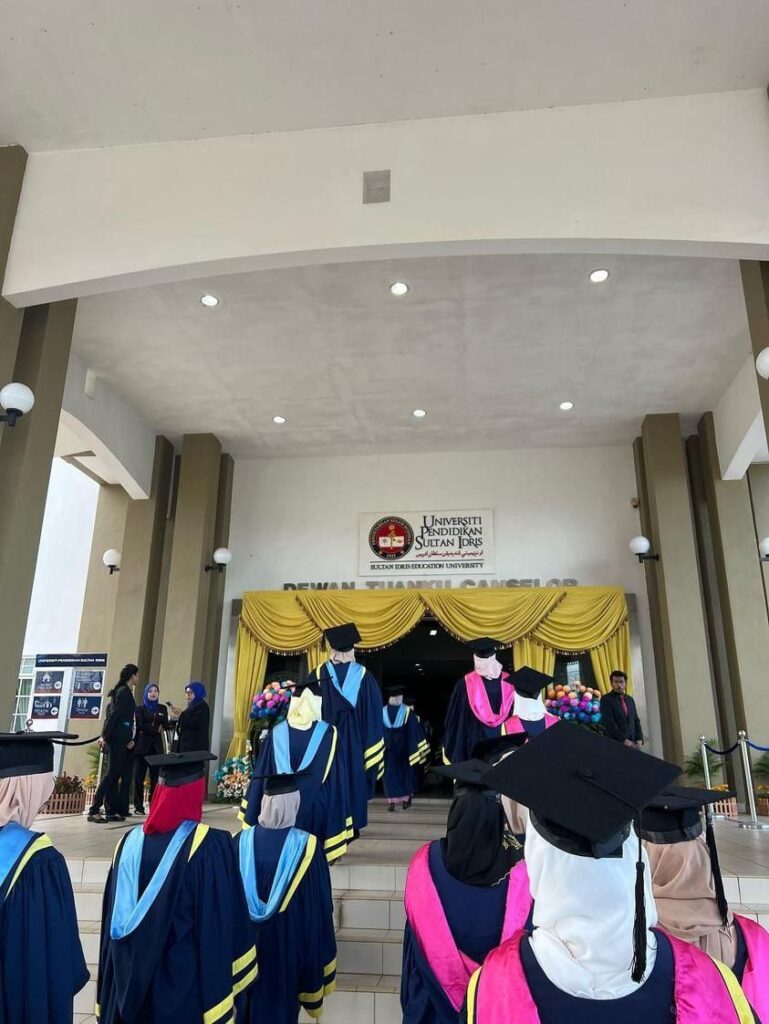
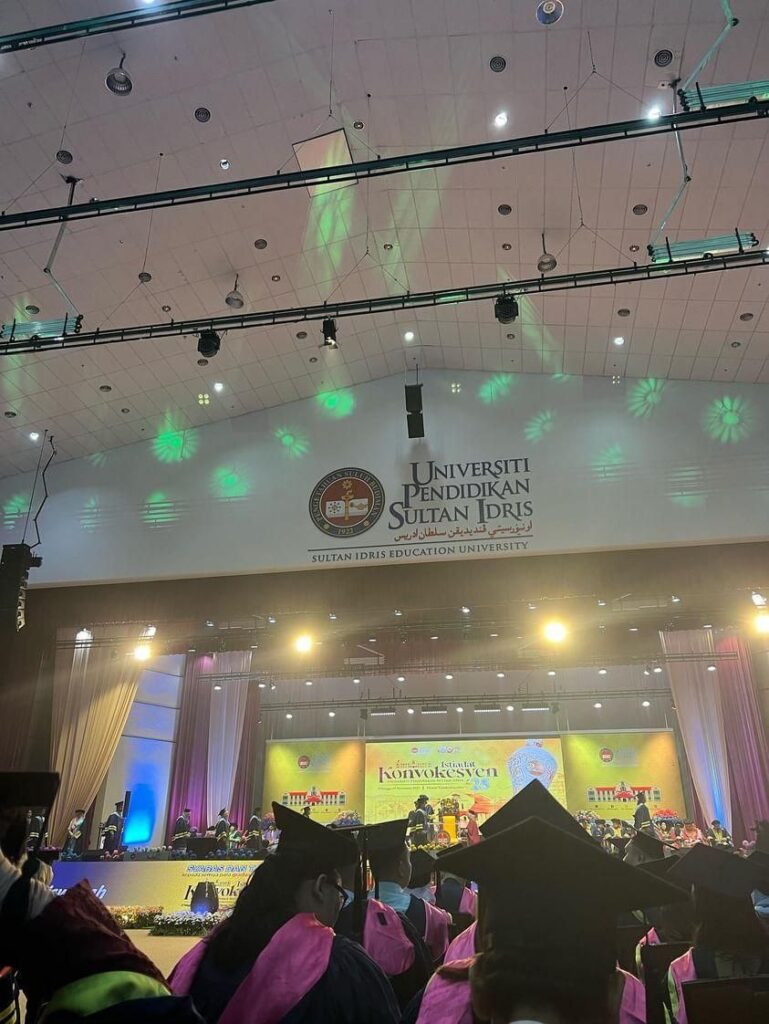
What was your opinion about our university students? Are you appreciating them? Can you share your feelings and experience?
– As an educator who had the opportunity to teach at a university in Uzbekistan, I have a deep appreciation for the students I encountered. Here are my thoughts and feelings based on my experience:
Intellectual Curiosity: I found Uzbekistan’s university students to be intellectually curious and eager to learn. They actively participated in discussions, asked insightful questions, and demonstrated a genuine interest in expanding their knowledge.
Diversity of Backgrounds: One aspect that stood out to me was the diversity of backgrounds among the students. They came from various regions of Uzbekistan, each bringing their unique perspectives and experiences to the classroom. This diversity enriched our discussions and fostered a dynamic learning environment.
Resilience and Determination: Many students displayed remarkable resilience and determination in pursuing their education despite facing challenges. Whether it was balancing academic responsibilities with part-time jobs or navigating personal circumstances, they showed a strong commitment to their studies and personal growth.
Hospitality and Warmth: I was touched by the hospitality and warmth extended to me by both students and colleagues. They welcomed me into their community with open arms, eager to share their culture, traditions, and language. This sense of camaraderie created a supportive atmosphere conducive to teaching and learning.
Potential for Growth: While the students I encountered were enthusiastic and engaged, I also recognized areas where they could further develop their skills and knowledge. Providing constructive feedback and tailored support allowed them to realize their full potential and strive for excellence in their academic pursuits.
Overall, my experience teaching university students in Uzbekistan was incredibly rewarding. I developed meaningful connections with my students, witnessed their growth and progress, and gained valuable insights into the educational landscape of the country. I have the utmost appreciation for their dedication, resilience, and thirst for knowledge, and I am grateful for the opportunity to have been a part of their academic journey.
If you had a chance, would you come to Uzbekistan to work?
– Yes, I would be very interested in the opportunity to work in Uzbekistan as I had a pleasant experience doing my internship there before. The chance to immerse myself in a different culture, contribute to the educational landscape, and engage with students and colleagues in Uzbekistan would be incredibly fulfilling. I believe it would not only broaden my professional horizons but also allow me to make meaningful contributions to the community and foster cross-cultural understanding and collaboration. Therefore, given the opportunity, I would enthusiastically choose to work in Uzbekistan.
Interview conducted by Marjona Ababakirova,
student of the International Journalism Faculty, UzSWLU
marjonamuk412@gmail.com


No Comments so far
Jump into a conversationNo Comments Yet!
You can be the one to start a conversation.